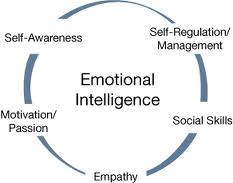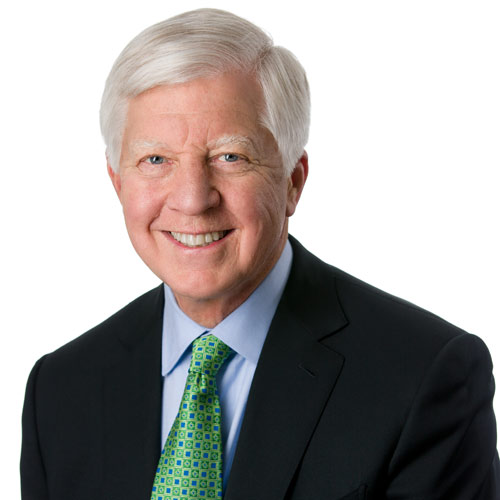
Leadership and the MBA Application
Guess what. Six months from now we will be at the beginning of October. Shocking, isn’t it, that those of you who are thinking of applying to business school in the first round have only six months to figure it all out. You’ve got a lot of tactical moves ahead of you, like the GMAT and visiting potential schools while they are still in session (I recommend spring; everyone is happier), and impressing your recommenders with your leadership skills.
How Admissions Officers View Leadership
Your biggest goal in the MBA admissions process is to demonstrate leadership. Business schools may have leadership classes, workshops, or what Stanford calls “Leadership Labs,” but the schools are not working with blank slates. Admissions committees want to see candidates with great leadership potential. This potential can be demonstrated through a record of traditional leadership activities, such as president of your undergraduate student body or manager of your unit at work. Or just a team leader on a visible project. But then there’s another kind of leadership, and its a lot more nuanced than just a title on a resume.
“Leadership encompasses much more than managing people,” wrote Rosemaria Martinelli, former director of Admissions at the University Of Chicago Booth School of Business in a blog post. Business schools now equate leadership with influence, or the ability to motivate others toward a shared goal. Stanford Graduate School of Business’ recommendation form includes a “Leadership Behavior Grid” with traits such as initiative, influence and collaboration, developing others, and trustworthiness. Dartmouth’s Tuck School of Business defines leadership as “the ability to
inspire others to strive and enable them to accomplish great things.”
Leadership can mean anything from running a classroom to being the idea person in your work team, from standing up for an unpopular position to organizing a clothing drive. In a nutshell, leadership is about finding the passion inside you and acting on it.
The Essence of Leadership
Business schools are actively searching for students with high emotional intelligence. In a seminal 1998 Harvard Business Review article, “What Makes a Leader,” Daniel Goleman attempted to answer the question with specific attributes of effective leaders. Goleman, who popularized the concept of emotional intelligence with his book of the same name, wrote in the HBR article, “It’s not that IQ and technical skills are irrelevant….They do matter, but mainly as ‘threshold capabilities.’ But…emotional intelligence is the sine qua non of leadership.”
Goleman’s model of emotional intelligence has dramatically improved the global discussion of leadership. In his research of nearly 200 large, global companies, Goleman found that
while the qualities traditionally associated with leadership – such as intelligence, toughness, determination, and vision – are required for success, they are insufficient. Truly effective leaders are also distinguished by a high degree of emotional intelligence, which includes self-awareness, self-regulation, motivation, empathy, and social skill.
I’ll be writing more about these five components in the coming weeks. Indeed, these traits are a little touchy-feely. But then, so is business school admissions.






